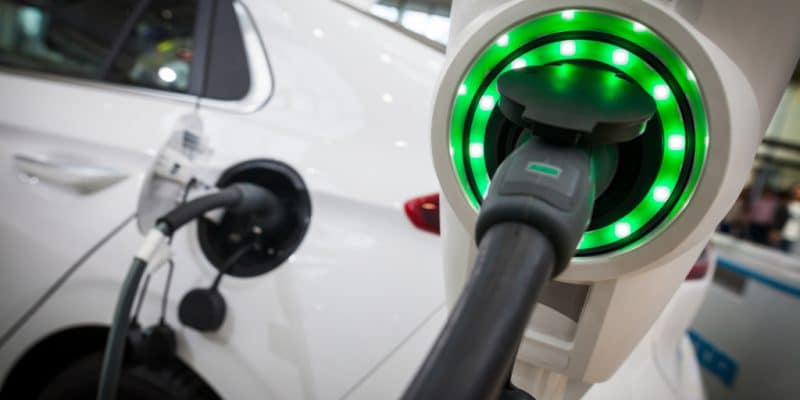With the support of Morocco's Institute for Research on Solar Energy and New Energies (IRESEN), the international platform Green Energy Park will deploy its solar solutions for the development of electric mobility in Moroccan cities. This is part of a partnership on sustainability that it recently concluded with Vivo Energy Maroc, the commercial representative of the oil company Shell.
The reduction of greenhouse gas emissions (GHG) has never been so pressing in Morocco, particularly in the transport sector. Among the players involved in this decarbonisation process are Vivo Energy Maroc, which markets fuels from the Anglo-Dutch firm Shell in the Kingdom of Morocco, and the international testing, research and training platform Green Energy Park, which specialises in solar solutions. The two companies recently concluded an agreement for the deployment of technologies and charging stations for electric vehicles.
If the two companies have chosen to pool their sustainability strategies, it is mainly to accelerate the energy transition. In this respect, Vivo Energy Maroc also plans to equip 30 Shell stations annually with photovoltaic panels to optimise energy consumption. “Our partnership is an example of collaboration between research and development (R&D) platforms and companies to enable all Moroccans to achieve the United Nations’ Sustainable Development Goals (SDGs),” says Mostafa Benzaazoua, the Green Energy Park’s general manager.
Earlier in 2020, the company based in the town of Ben Guerir, 257 kilometres from the capital Rabat, equipped Morocco with its first electric car charging station. The installation, called “iSmart”, has a capacity of 50 kW and a charging time of 30 minutes via an electric cable. With the recent creation of the intersectoral professional association for electric mobility (Apime), the deployment of such infrastructures should be strengthened in the years to come.
Read also-MOROCCO: Faced with pollution, a coalition for electric mobility is born
In March 2023, the new institution supported by the National Federation of Electricity, Electronics and Renewable Energies (FENELEC) announced that it would install 2,500 new charging stations for electric vehicles by 2026. These installations will be distributed in the main Moroccan cities, notably Tangiers, Rabat and Casablanca. This will encourage the import of environmentally friendly vehicles into the Kingdom.
Benoit-Ivan Wansi






